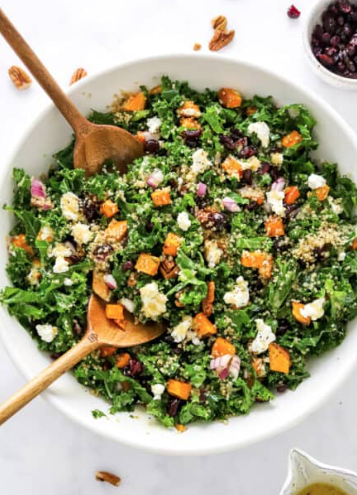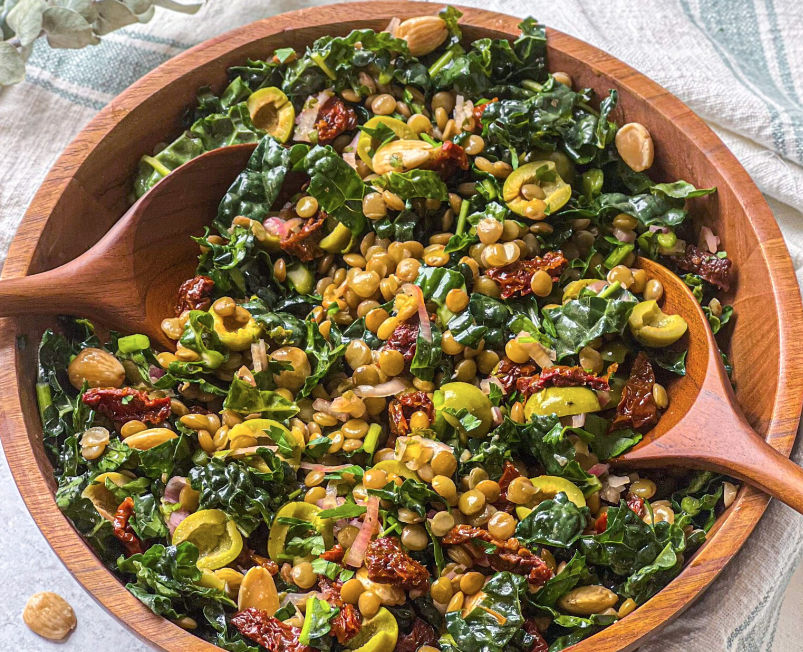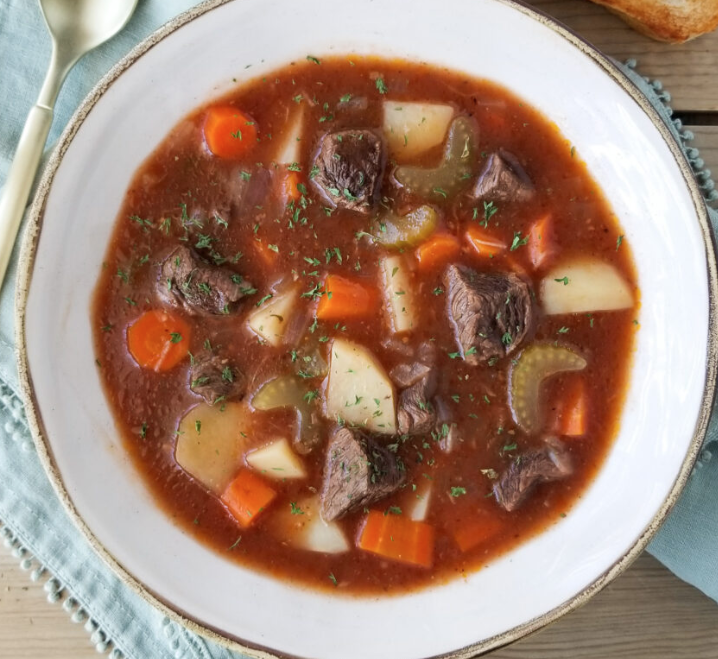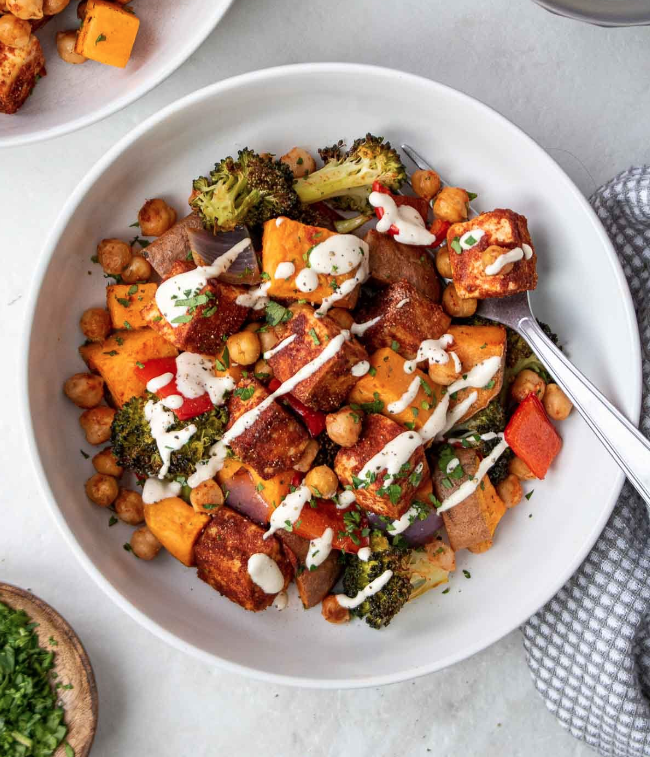How to Stay Healthy During Pregnancy
What Every Expectant Mother Should Know!
Pregnancy is a miraculous journey filled with joy, anticipation, and a fair share of challenges. Among these challenges is ensuring you’re getting the right nutrients to support both your health and the development of your little one. Today, we’re diving deep into the world of essential vitamins for pregnancy. Whether you’re an expectant mother for the first time or you’re welcoming another member to your family, this guide is packed with vital information just for you.

Why Vitamins Matter During Pregnancy
During pregnancy, your body undergoes remarkable transformations to accommodate the growth and development of your baby. These changes prompt a shift in your nutritional requirements, making it imperative to focus not only on the quantity of food you consume but, more importantly, on the quality. You’re not just eating for two; you’re nourishing two, and every bite counts.
During this time, your calorie, protein, vitamins/minerals, and fluid needs will increase. In this blog post, I will provide some recommendations to help you reach these increased needs for a healthy pregnancy and postpartum!
What are the Essential Vitamins for Pregnancy?
Folate (Vitamin B9)
Why it’s essential: Folate, or folic acid when taken as a supplement, is crucial in preventing neural tube defects in the baby. It also supports the growth of the placenta and fetus.
MTHFR mutation
Important note: the MTHFR (methylenetetrahydrofolate reductase) gene plays a crucial role in processing amino acids, the building blocks of proteins. A mutation in this gene can affect how the body metabolizes and converts certain substances in the diet. Notably, individuals with the MTHFR gene mutation may have difficulties processing synthetic folic acid, which is the form of folate added to food products and used in dietary supplements.
Folate is a B-vitamin that is naturally found in foods. It is essential for DNA synthesis and repair, cell division, and growth, making it particularly important during periods of rapid growth such as pregnancy. Folic acid is the synthetic form of folate and is used in supplements and added to fortified foods because of its stability and high bioavailability. However, for those with an MTHFR mutation, converting folic acid into its active form, 5-MTHF (5-methyltetrahydrofolate), in the body can be inefficient. This inefficiency can potentially lead to a build-up of unmetabolized folic acid and may be associated with various health issues, including complications in pregnancy.
Research suggests that taking methylfolate—the bioactive form of folate—can be a beneficial alternative for pregnant women with the MTHFR mutation, as it bypasses the need for conversion by MTHFR enzyme. This form of folate is more readily available for the body to use and supports normal fetal development.
If you’d like to learn more, check out these two blog post by Dr. Ben Lynch:
Recurrent Pregnancy Loss and MTHFR
The Impact of Folic Acid and MTHFR on Pregnancy
How to include folate in your diet: While supplements are recommended, you can also find folate in leafy green vegetables, legumes, eggs, certain fruits, and nuts and seeds.
Give these folate rich recipes a try:
Roasted Sweet Potato Kale Salad


Citrus Salad with Pomegranate & Mint

Vitamin D
Why it’s essential: From a functional medicine perspective, which focuses on optimal functioning of the body and underlying causes of diseases, the importance of adequate vitamin D levels during pregnancy cannot be overstated. Vitamin D plays a multifaceted role in maternal and fetal health, influencing numerous physiological processes beyond its traditional role in calcium metabolism and bone health. Here’s why adequate vitamin D is crucial during pregnancy:
- Immune Modulation: Vitamin D is known for its ability to modulate the immune system. It enhances the body’s immune response to pathogens while also exerting anti-inflammatory effects. During pregnancy, maintaining a balanced immune response is crucial to protect the mother from infections and to prevent excessive inflammatory reactions that could harm fetal development.
- Placental Health: Vitamin D has been shown to influence the health and function of the placenta, a critical organ in pregnancy that supplies oxygen and nutrients to the growing fetus and removes waste products. Adequate levels of vitamin D are associated with optimal placental implantation and function, which are vital for the baby’s growth and development.
- Fetal Bone Development and Maternal Bone Preservation: Vitamin D is essential for calcium absorption and regulation, directly impacting fetal skeletal development and maternal bone health. Adequate vitamin D levels ensure the fetus has enough calcium for bone formation, while also protecting maternal bone density by preventing excessive calcium mobilization from maternal bones.
- Reduced Risk of Pregnancy Complications: Research suggests that sufficient levels of vitamin D during pregnancy are associated with a lower risk of developing pregnancy-related complications such as pre-eclampsia, gestational diabetes, and preterm birth. These conditions not only affect the health of the mother but also have long-term implications for the child’s health.
- Long-Term Health of the Child: Vitamin D status during pregnancy has been linked to the long-term health outcomes of the child, influencing risks for conditions like asthma, atopic dermatitis, and type 1 diabetes. Adequate maternal vitamin D levels may play a preventative role against these conditions, highlighting its importance beyond the immediate outcomes of pregnancy.
- Mood Regulation and Maternal Mental Health: Vitamin D receptors are present in the brain, and vitamin D is involved in the synthesis of neurotransmitters that regulate mood. Adequate levels may help reduce the risk of postpartum depression, contributing to overall maternal well-being.
How to include it in your diet: Beyond supplements, you can get vitamin D from sun exposure, fatty fish, eggs, and fortified foods. For sun-derived vitamin D, expose your skin without sunscreen and occasionally skip sunglasses! During winter, when sunlight is weaker, consider supplementing to ensure adequate vitamin D levels.

Iron
Why it’s essential: Iron supports the development of the placenta and fetus and helps increase your blood volume. It’s crucial for preventing anemia, a common issue during pregnancy.
How to include it in your diet: Iron can be found in lean meats, beans, tofu, and fortified cereals. Cooking in cast iron pans can also help increase iron intake or cooking with an iron fish!
Iron rich Recipes:


Calcium
Why it’s essential: Calcium is vital for building your baby’s bones and teeth and helps prevent bone loss in the mother.
How to include it in your diet: Dairy products, fortified plant milks, leafy greens, and almonds are great sources of calcium.

Omega-3 Fatty Acids
Why it’s essential: Not a vitamin but equally important, Omega-3s support brain development in the fetus and may reduce the risk of preterm birth.
How to include it in your diet: Fatty fish like salmon, chia seeds, and walnuts are rich in Omega-3s. A high quality prenatal DHA supplement may be beneficial throughout your whole pregnancy.
Supplements vs. Food Sources
While getting vitamins from food sources is ideal, supplements ensure you’re meeting your daily requirements. This is especially true during pregnancy! I always recommend a high quality prenatal at least 3 months prior to getting pregnant and throughout the pregnancy.
Navigating Prenatal Vitamins
Choosing the right prenatal vitamins can be overwhelming! I’ve created a prenatal guide with specific brands to help you navigate your prenatal journey. You can check that out here -> click here.

Let’s work 1:1 – learn more (click here)
Note: This article contains affiliate links, meaning MamaKind LLC will make a small commission at no additional cost to you. This helps me keep the the site running. As always, I value full transparency and only work with brands I trust and love.
References:
- Turgal M, Gumruk F, Karaagaoglu E, Beksac MS. Methylenetetrahydrofolate Reductase Polymorphisms and Pregnancy Outcome. Geburtshilfe Frauenheilkd. 2018 Sep;78(9):871-878. doi: 10.1055/a-0664-8237. Epub 2018 Sep 14. PMID: 30258247; PMCID: PMC6138472.
- Pi T, Liang YQ, Xia HY, Liu YQ, You LN, Zhu Z, Wang L, Gu X, Jin XF. Prevalence of the methylenetetrahydrofolate reductase 677C>T polymorphism in the pregnant women of Yunnan Province, China. Medicine (Baltimore). 2020 Nov 6;99(45):e22771. doi: 10.1097/MD.0000000000022771. PMID: 33157923; PMCID: PMC7647581.
- Schröder-Heurich B, Springer CJP, von Versen-Höynck F. Vitamin D Effects on the Immune System from Periconception through Pregnancy. Nutrients. 2020 May 15;12(5):1432. doi: 10.3390/nu12051432. PMID: 32429162; PMCID: PMC7284509.
- Yin K, Agrawal DK. Vitamin D and inflammatory diseases. J Inflamm Res. 2014 May 29;7:69-87. doi: 10.2147/JIR.S63898. PMID: 24971027; PMCID: PMC4070857.
- Zhang H, Wang S, Tuo L, Zhai Q, Cui J, Chen D, Xu D. Relationship between Maternal Vitamin D Levels and Adverse Outcomes. Nutrients. 2022 Oct 11;14(20):4230. doi: 10.3390/nu14204230. PMID: 36296914; PMCID: PMC9610169.
CATEGORY
9/17/2024
Comments Off on How to Stay Healthy During Pregnancy